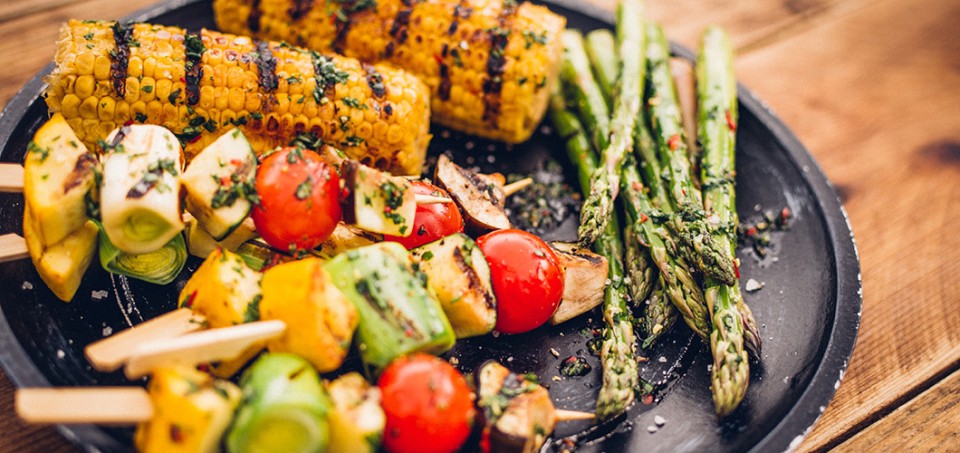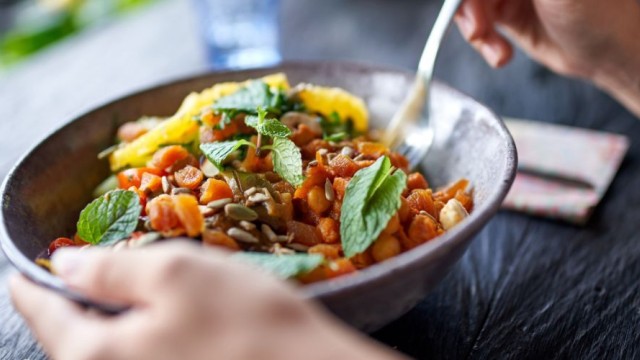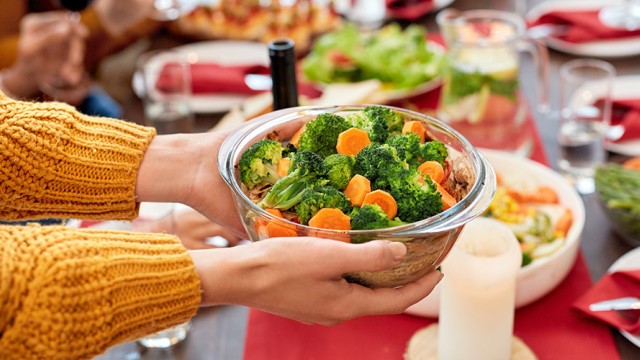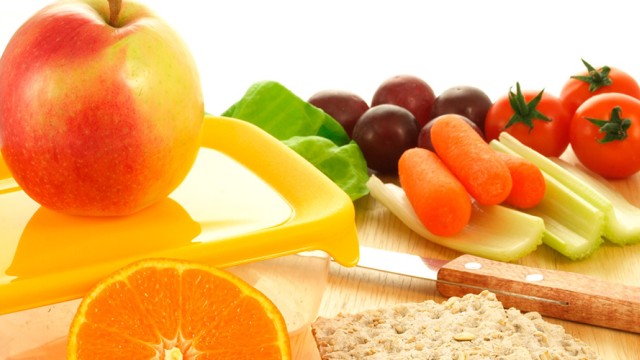Cómo los consejos saludables para asar a la parrilla le ayudan a reducir el riesgo de cáncer

It's barbecue time! Nothing signals summertime like cleaning off the grill for some good eats and backyard fun.
Grilling foods sparks a lot of attention as the temperatures start to heat up. That's because science shows potential connections between that open flame and risk of cancer.
Here's why it's important to brush up on grilling techniques that can help you stay healthy and boost flavor at your next barbecue.
The science behind the concern
Foods cooked over high heat or open flames can form two chemical compounds – heterocyclic amines (HCAs) and polycyclic aromatic hydrocarbons (PAHs). Both can damage DNA in ways that can increase risk of developing certain types of cancer.
HCAs form in the char on meats cooked over high heat or an open flame. The cooking method creates a reaction between amino acids, sugars and creatine in muscle.
PAHs build up from smoke caused by fat dripping onto hot coals or heating elements. As the smoke rises, it attaches to food and can cause increased cancer risk.
Six tips to prepare healthy grilled foods
-
Get creative with meat choices. Lean meats, like fish and chicken, are healthier than red meat and processed foods, such as hot dogs or sausage. The leaner the meat, the less fat drips down and lowers chances of PAH forming on the food.
Good rule to follow: Eat no more than 12 to 18 ounces of red meat weekly. That means aim for fewer than four meals a week that include beef, pork or lamb. -
Use marinades. When you soak meat, poultry or fish in a blend of herbs and liquid for at least 30 minutes, you can reduce the formation of HCAs. A mix of vinegar, lemon juice or wine with oil, herbs and spices can layer on the flavor, too.
-
Partially precook meats. Pop food into the microware, oven or stove for a few minutes before you head to the grill. That quick step shortens the exposure to an open flame and reduces smoke-generated PAHs that can cling to the meat.
-
Keep the heat low. Fewer HCAs and PAHs form at low temperatures. A lower heat level keeps burning and charring to a minimum.
-
Trim the fat. Less fat means less chance for flames to flare up and build potentially dangerous char on the food.
-
Add color to the grill. Fruits and vegetables don’t produce HCAs, yet they taste delicious when grilled. Brightly colored plant foods are packed with cancer-fighting fiber, vitamins and phytochemicals that enhance their health benefits.
Talk to an oncology dietitian
Whether you are newly diagnosed with cancer, in active treatment or in surveillance, a dietitian can help you set realistic goals today that will have an impact on your health for a lifetime.
Find out more about integrative therapies like nutrition counseling that can help you maintain your well-being. Contact Goshen Center for Cancer Care, (888) 492-HOPE.
Registered Dietitian Maricel Lopez-Colon is part of the Integrative Care Team at Goshen Center for Cancer Care. She offers nutritional support for patients before, during and after treatment.


